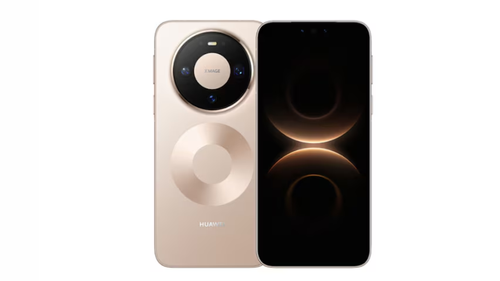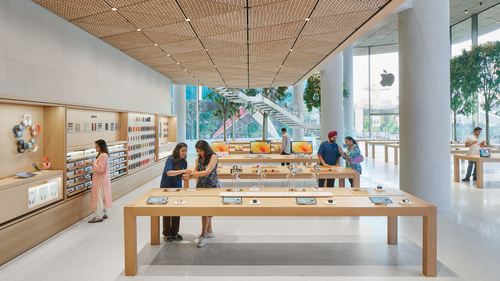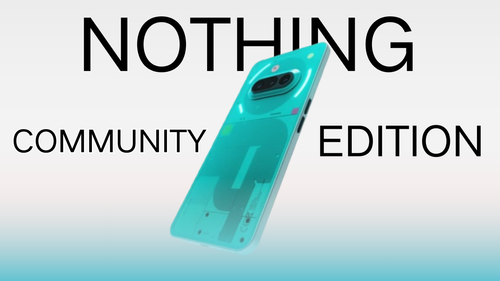Ad
Articles
7 Bad Habits That Are Destroying Your PC
Key Highlights:
• Regularly clean the computer to prevent dust buildup and internal component damage.
• Avoid skipping updates to protect against security threats and performance issues.
• Maintain at least 10-20% free space on the hard drive for optimal performance.
PC Destroyers: 7 Bad Habits to Avoid

However, you must take proper care of it, If you wish for your computer to live as long as possible. numerous people unintentionally engage in actions that degrade the bias they use and drop their lives. Avoiding these dangerous habits will help keep your computer in good shape for times to come.
Also Read: How to Check Your Internet Speed
Avoid These 7 PC Destroying Habits:
1. Ignoring Overheating Problems

Heat may cause a computer to slow down, shut down, or shut down altogether, shortening its lifespan and producing noise. To avoid this, use vents and fans to provide appropriate ventilation in the case, keep it out of heat-trapped areas, and check voltages and temperatures when overclocking. It is also recommended to monitor CPU temperature for further safety.
Laptop computers require additional care owing to their mobility, which can lead to unhealthy behaviors such as leaving them in heated locations or on soft surfaces, which can obstruct airflow. To guarantee proper ventilation, place the laptop on a level table or keep blankets off your lap. Lap desks are also effective at keeping things cool.
Whether you're working on a PC tower or a laptop, you should definitely use an electric duster to wipe out the dust every now and again (more on that below).
2. Allowing dirt, dust, and liquids to run wild

Computers acquire dust over time, which heats up components and causes fans to work harder. Regular cleaning is necessary, but avoiding dust from entering the computer is critical. Placement on the floor, carpet, or at a desk might exacerbate these problems. Keep the computer on a desk or riser, and make sure the intake fans have filters.
Do not consume food or beverages near your computer, since crumbs can harm switches and make particular keys more difficult to push. Furthermore, pouring coffee on your laptop might ruin it, as shown in several horror stories.
To clean a laptop properly, use a mild screen cleaner on a microfiber cloth rather than directly on the screen, and use a tiny quantity to prevent adding liquid or being too harsh on the display.
3. Operating Your Laptop Carelessly

Laptops are frequently subjected to improper use, making them an expensive asset. Overuse might result in problems such as worn hinges or case fractures. It is critical to regard computers like valuable items of property. Avoid lifting up computers by their displays, excessively opening hinges, and using closed ones as coasters. This can lead to worn out computers and serious damage.
If your laptop has a classic revolving hard drive, shaking or throwing it might cause the head to dislocate or touch the disc surface, possibly ruining your day, especially if you haven't backed up your files.
4. Mishandling Your Old Battery

Laptop batteries deteriorate with time, with the original eight hours of life reduced to six or seven. To avoid this, don't operate your laptop at 0%, follow battery management suggestions, and use Windows' battery health report to track your battery's charging history.
To ensure the long-term health of a laptop battery, deplete it shallowly and recharge it periodically. Charging on a regular basis is preferable than draining the battery completely. If the battery has bloated, stop using the computer and replace it properly.
Low-quality batteries can be harmful, so avoid buying cheap knockoffs from eBay or third-party retailers. For chargers, use the manufacturer's official product or a certified USB-PD charger for laptops charging via USB-C. Avoid using inexpensive knockoffs or third-party chargers.
5. Disregard for Electrical Safety

Power surges and sudden voltage rises might cause harm to your PC as a result of power outages, high-power gadgets, or unstable power grids. While the power supply has basic surge protection, a separate surge protector provides longer-lasting protection than a power strip, which has several outlets but no surge protection.
Surge protectors wear out over time and should be replaced every three to five years. While they cannot guard against high-voltage spikes such as lightning, they may protect against minor surges and so lengthen the life of a computer. If you have more money, consider getting an uninterruptible power supply (UPS) with a battery backup to avoid power disruptions.
Laptops require additional care owing to their mobility, as their power cables are prone to kinking and mistreatment, rendering them unreliable and potentially creating a fire threat. To avoid damage, remove the charger from the wall, not the wire.
6. Stressing the cables and ports

Damage caused to USB ports or cables might result in preventable computer harm. Avoid squeezing cords into ports that do not fit correctly, and do not bend connected goods. For example, using a laptop cross-legged can bend a flash drive, causing damage to the drive, port, or both. With USB ports being a premium feature on laptops, it is critical not to damage one.
Maintaining cables is of the utmost importance for preventing damage and ensuring their performance. Avoid making severe bends, keeping them away from youngsters and pets, and wrapping them too tightly. Damaged cables are less expensive to replace than computers, so avoid spending money on unneeded repairs.
7. Unsafe Web Browsing

Being sensible isn't the only method to guard against malware, as legal websites can get infected. Instead, antivirus is required. Microsoft's built-in Windows Defender is a solid choice, but Malwarebytes provides more active security.
The free version is adequate for infrequent scans, however the subscription version contains anti-exploit tools that block hazardous websites. When combined with a regular antivirus, you are adequately secured. Finally, antivirus is the most effective technique to guard against infection.
To safeguard your security, keep your operating system and apps up to date, use a strong password manager, and learn to recognise phishing frauds. Avoid piracy of malware-containing software and use WPA2 or WPA3 passwords to secure your home Wi-Fi. For further information, please see our guide.
Conclusion:
To epitomize, taking care of your computer entails further than simply avoiding tumbles and keeping it clean. By following these guidelines and avoiding typical bad actions, you can help guarantee that your PC lasts longer, performs better, and is defended against malware and other troubles. With a little care and attention, you can maximize your computer's performance while avoiding expensive repairs or reserves.
Follow Us:
Ad
Recent News

Samsung Galaxy A07 5G Expected to Launch in India
13-Jan-2026 10:51 AM

Hardik Pandya’s Luxury Watch Collection
21-Sep-2022 12:38 PM

Mate 80 Pro Goes Global: Huawei Confirms February 26 Launch
13-Feb-2026 09:31 AM

Tecno Pova Curve 2 5G Debuts in India: Massive 8,000mAh Battery Steals the Show
13-Feb-2026 07:12 AM

Apple Expands in India with New Mumbai Store Opening February 26
13-Feb-2026 06:59 AM
Reviews & Guides
View All

Nothing Phone 3a Community Edition First Impressions: A Fresh Take on Budget Smartphones

Realme P4 Power 5G First Impressions: Massive Battery and Power

Brother MFC-J5855DW Printer Review 2026: Features, Specs, Performance

Haier H5E Series 4K Ultra HD Smart Google TV Review: Price and specification

Oppo K14x 5G vs Realme Narzo 90x 5G vs Redmi 15 5G: Price and Specifications

Best Samsung Smartphones Under Rs. 25,000 in India: Top Value Picks

Best Laptops Under Rs. 70,000 in India 2026: Top Picks for Work, Gaming

Samsung Galaxy F70e 5G vs Redmi 15C 5G vs Poco C85 5G: Full Comparios
Ad
Latest Mobiles In India
Ad
Ad












